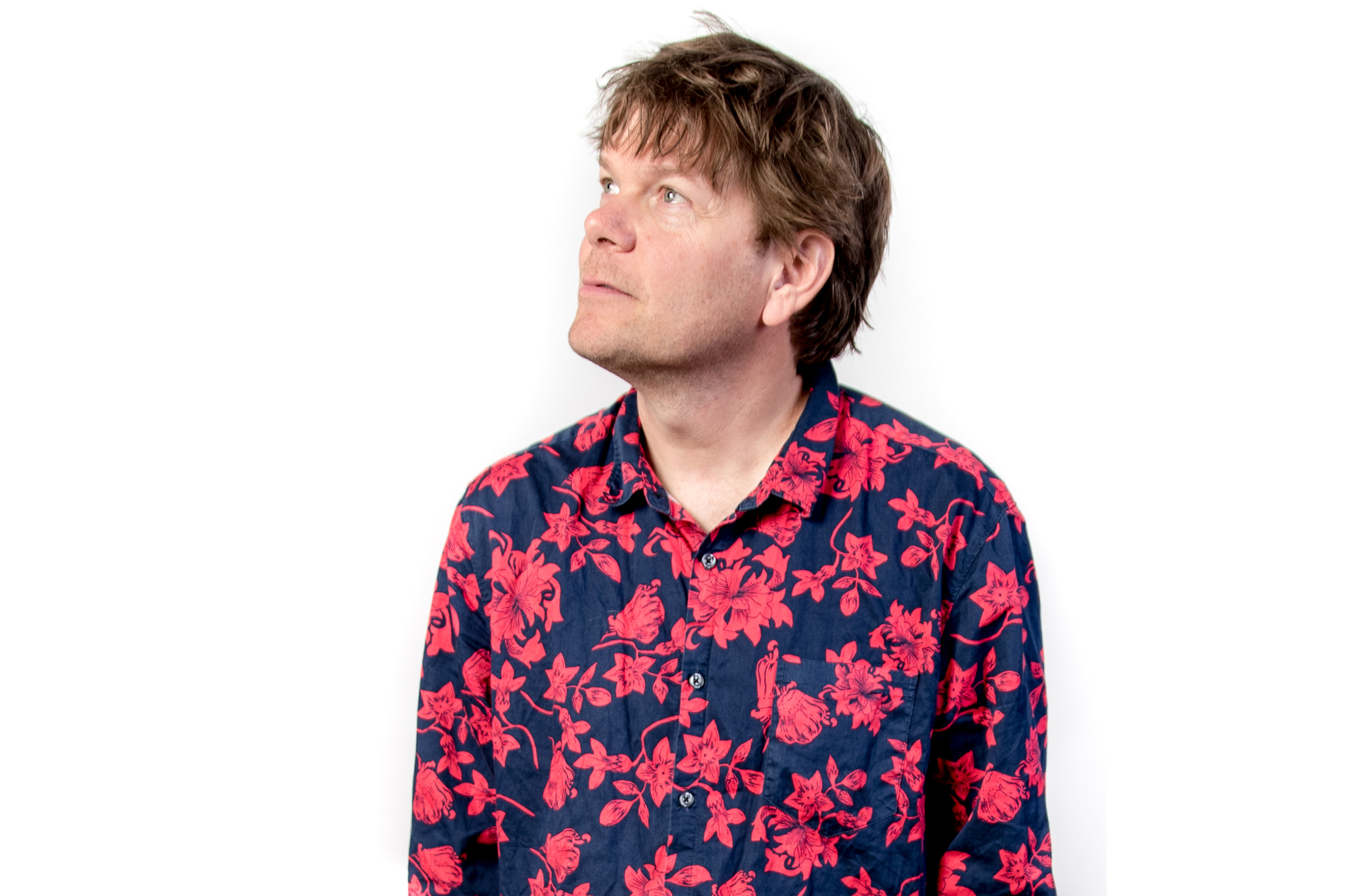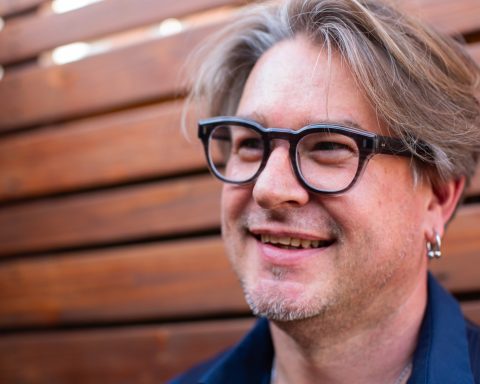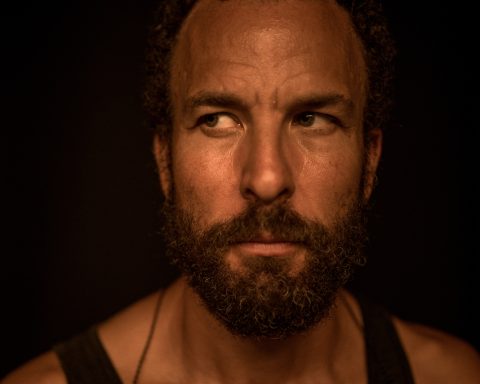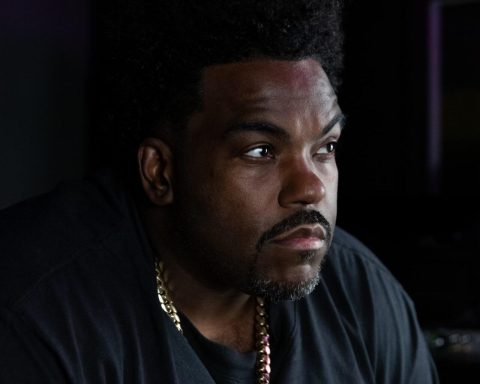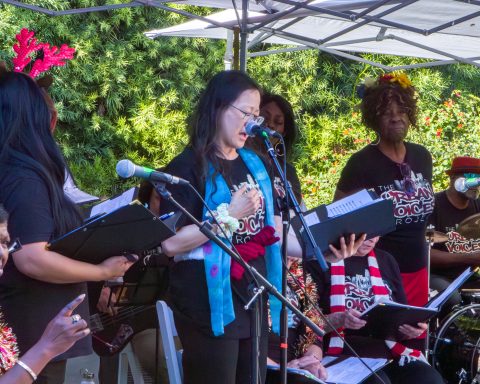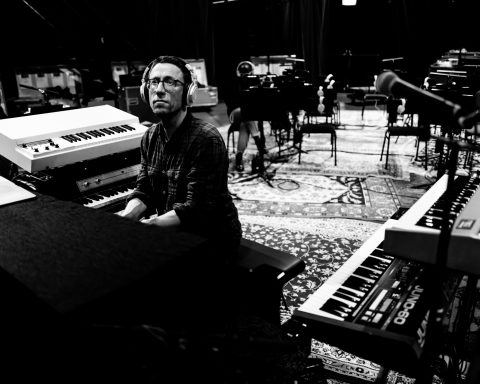As a child, Kyle Hollingsworth found his creative muse when his piano teacher told him to stop practicing classical. After majoring in jazz piano while moonlighting with Baltimore-based psych-rock band Black Friday, Hollingsworth relocated to Boulder, Colorado, to be a forest ranger. However, that didn’t go as planned. Spotted playing live, Hollingsworth’s impressive stylistic mosaic impressed American jam band The String Cheese Incident, who promptly scooped him up. In addition to String Cheese, the keyboard connoisseur records and tours as the Kyle Hollingsworth Band. From Paul Simon to Lauryn Hill to Skrillex, his versatility and taste are reflected in those with whom he’s shared the stage.
Musical Studies
Did you want to play keyboards professionally before studying music at Towson State University?
Boy, you did your homework—that was a minute ago. Like many young children, I was forced to take piano lessons, but the structure of learning classical piano didn’t resonate with me. And it was only after I stopped and began to be creative and improvise that I started playing every day. When I was 12, I’d play Moog bass and Wurlitzer piano with a three-piece band on our front porch facing the road. Even then, writing songs made sense to me, and that craft has been honed over decades.
My First Synth
What was your first keyboard or synth?
Back in the ’80s, I bought the Roland D-50 as soon as I could afford it. I’d use its staccato violin patches to play stuff like “Sail away, sail away, sail away” from Enya’s “Orinoco Flow.” That instrument was next-level and had a much broader quality than the random keyboards I was using. It had PCM-based patches of lots of instruments, so you could take the attack of a violin or the hint of an oboe and build and create waveforms around them. Then the Roland VS-1680 came out and blew my mind. It had 16 tracks, so I could suddenly bring the recording process to the forefront of everything I wanted to do.
Was there a point where you leaned towards using VSTs over the deployment of a range of keyboards?
I prefer organic instruments, whether a Wurlitzer or Rhodes piano, clavinet or Hammond organ. In the ’80s, it was great to get sounds that did not exist on the planet, and the D-50 was an instrument in itself. But the sample technology gave me the willies and didn’t feel natural. VSTs work best for me when I’m playing MIDI samples through a Roland piano. That makes sense because MIDI is amazing and makes you sound amazing.
"In the '80s, it was great to get sounds that did not exist on the planet, and the D-50 was an instrument in itself."
Discovered by The String Cheese Incident
Did you move from Maryland to Colorado to get closer access to the bluegrass scene?
I didn’t play bluegrass because there were no keyboard parts or drums, and it wasn’t funky. But when I came to Boulder, Colorado, there was more of a scene, and bands like The String Cheese Incident touched on much of what I was interested in. They were jamming and playing jazz funk covers and instrumental stuff in a way that was intriguing, so I started to have way more respect for those musicians. Believe it or not, I moved to Boulder to be a forest ranger, but I started playing in bands and was one of the few keyboard players in town when The String Cheese Incident courted me.
Is there a primary songwriter in String Cheese, or do you all get together and jam?
In the early ’00s, we’d all jam together, work through song ideas, and write lyrics. But over the past ten years, I’ve created what I hear on ProTools and presented songs to the band when they’re around 75 percent done. Because the bass or drums might get recorded on a machine, the band will make those parts better and bring their personality to a track. Every song goes through that process, so everything feels composed as a String Cheese song.
"As you work your way through playing a ukulele, it puts chords in your hands that you wouldn’t normally choose to play harmonically."
Learning New Instruments
You’ve mentioned that you love writing on instruments you can’t play. Does that infer that there’s nothing left to learn from playing the instruments you’re most familiar with?
I was specifically talking about the ukulele or the acoustic guitar. For example, there are certain chords that I would never play on the piano, but as you work your way through playing a ukulele, it puts chords in your hands that you wouldn’t normally choose to play harmonically. I thought about taking ukulele lessons but decided not to because it’s more fun to discover the instrument and have it inspire me that way.
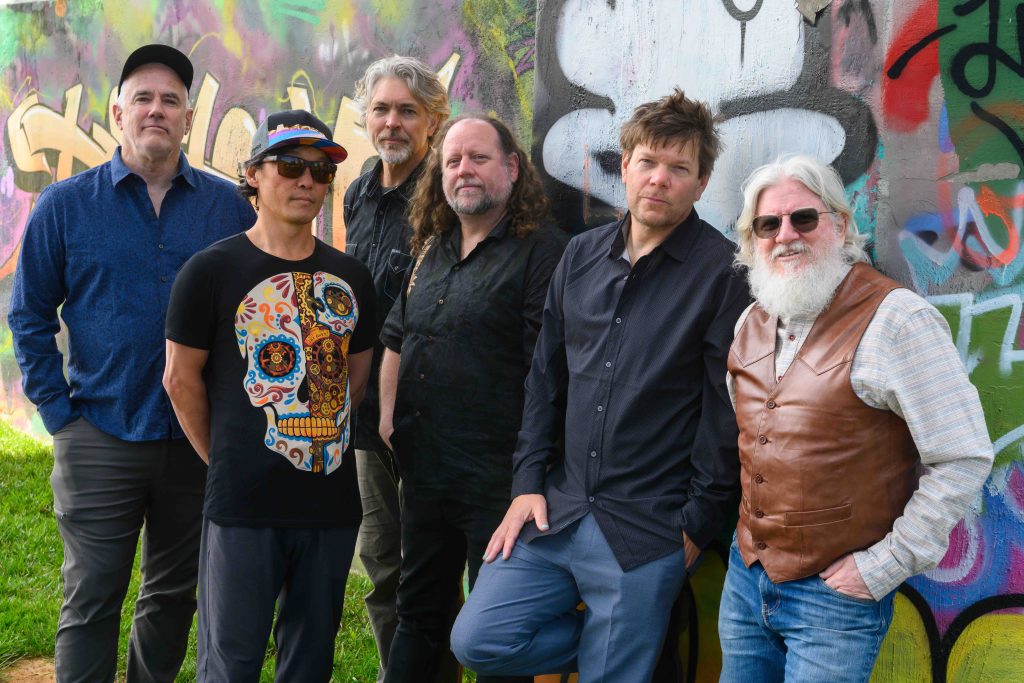
Despite your skill and experience, is it difficult to break away from subconsciously reaching for the same keys and chords?
On the latest String Cheese album, the track “I Will Follow You” was initially written with Sam Beam from Iron & Wine as a very pastoral instrumental piece with the vocal following the chords. I’d never done that before. Every song I’d written was a funky “Kyle song,” with Kyle playing organ or piano and singing across a rhythm. Following the chord structure in the melody, “I Will Follow” showed me there are still ways to approach the piano in a new light.
Kyle Hollingsworth Band
Do you have more say in writing songs with Kyle Hollingsworth Band, and if so, does that make the process more or less creative?
With String Cheese, I can go with the flow, but for my project, I tend to come in with my producer hat on and a stronger sense of where I want a track to go. The disadvantage is that the song comes out exactly how I want it to, meaning it would have been nice if someone said, “Ah, the chorus is a bit cheesy,” or “You could have done something better.” My musicians are very capable and definitely critique me, but it’s my choice in the end.
“Performing with others breaks me out of my box and makes me play and think differently.”
Playing Live
What keyboards were you working with when you started playing live with String Cheese?
I had a Roland JP-8000 synthesizer and the A-90 MIDI controller keyboard, but things were very DIY in those days. The A-90 had little weights on the keys, and whenever one of the hammers would break, I’d have to take the whole keyboard apart before a gig and put the weights in. Right now, I’m working with an RD-800 stage piano. I want to move up to the RD-2000, but I’m scared Roland will bring out something new the next day. I love the action on the RD keyboards, and that’s why I keep them in my arsenal.
Presumably, what you use onstage varies depending on who you’re playing with.
Right now, my String Cheese rig is the RD-800, and I’m also using a Virus TI, Moog, clavinet, Hammond organ, and accordion, which I occasionally play to everyone’s dismay. For my solo project, I have no trucks or roadies, so I tend to use lighter keyboards like the Leslie and the Hammond.
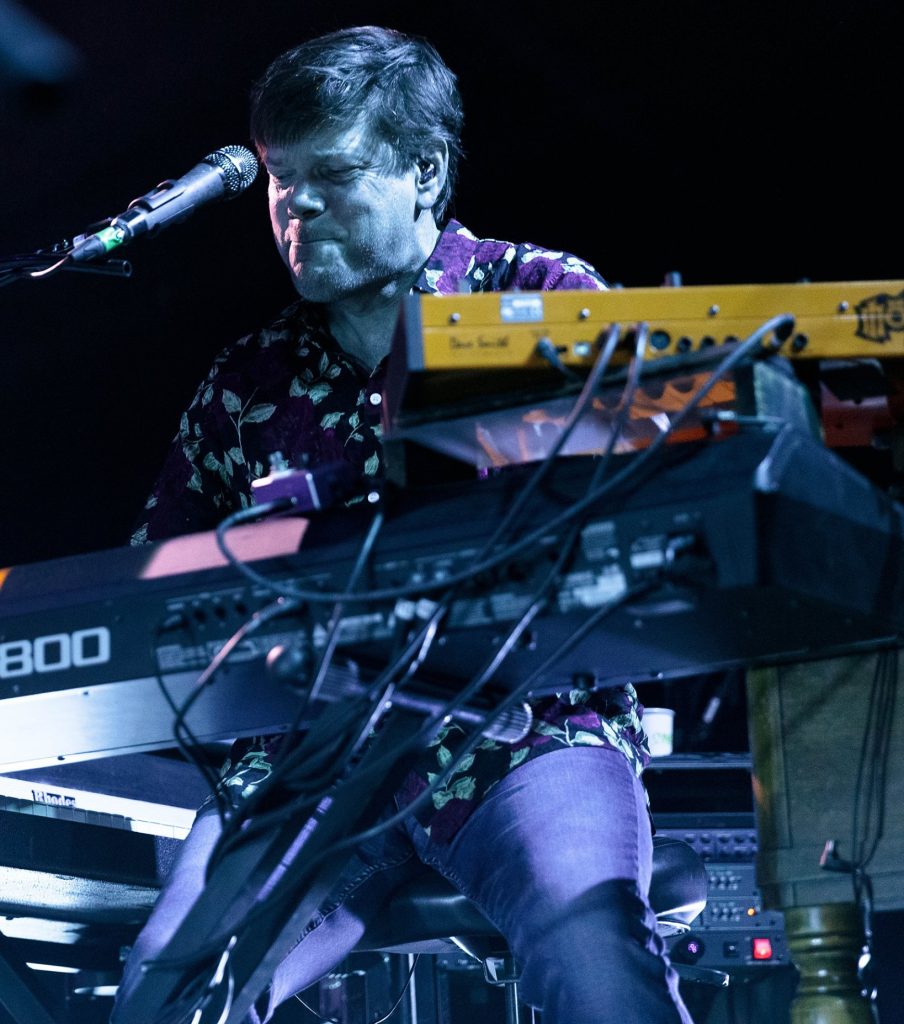
Is there a band you’d love to play keys for?
Talking Heads would be right up there, and Bonnie Raitt is an amazing singer/songwriter. I just saw Peter Gabriel in New York, and I’d enjoy working with next-level people like him. Performing with others breaks me out of my box and makes me play and think differently. I’d loved to have played with Michael Jackson, too. Did you see This Is It? It’s about the Michael Jackson band in the last days of his life and follows them through rehearsals before Michael even showed up. It’s really cool to watch how they interacted and their level of professionalism.
Memorable Moments
Has there been a most memorable moment of your live career?
Playing with String Cheese at a classic venue in Colorado called Red Rocks Amphitheatre. It was made in the ’40s and ’50s before they had PAs, and the rocks have a natural resonance, which is great for opera singers. This summer, I was singing on stage with Willie Nelson in front of 15,000 people, and I’ve loved playing with Little Feet, Lauryn Hill, and Bruce Hornsby. I also did a short stint with Paul Simon. Bringing in a guest like Paul, who is out of our world and finding a way to communicate onstage, is always really special.
